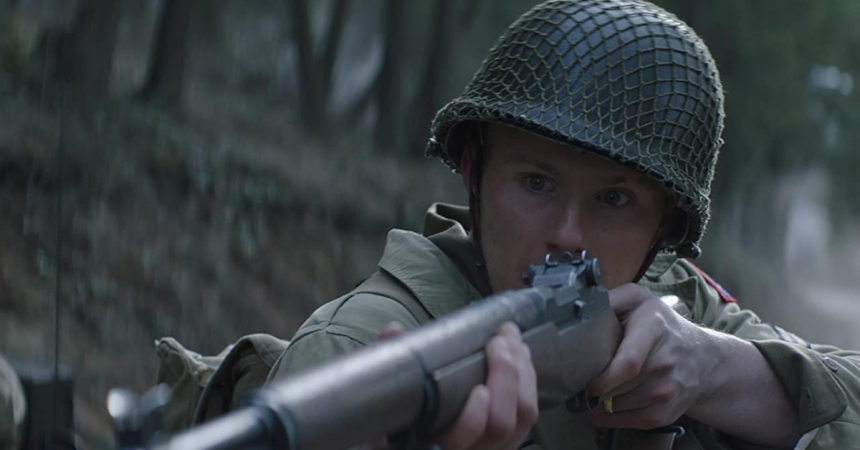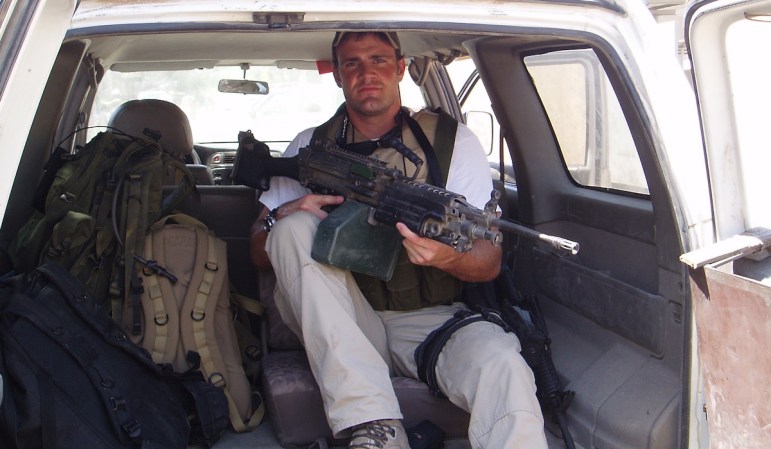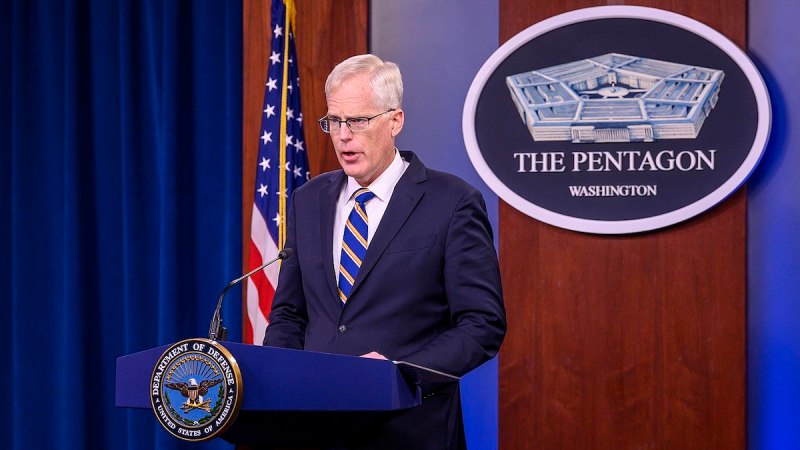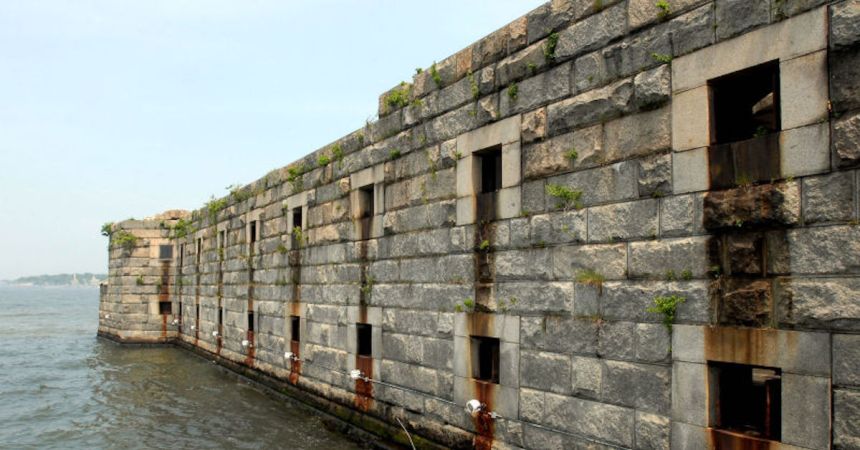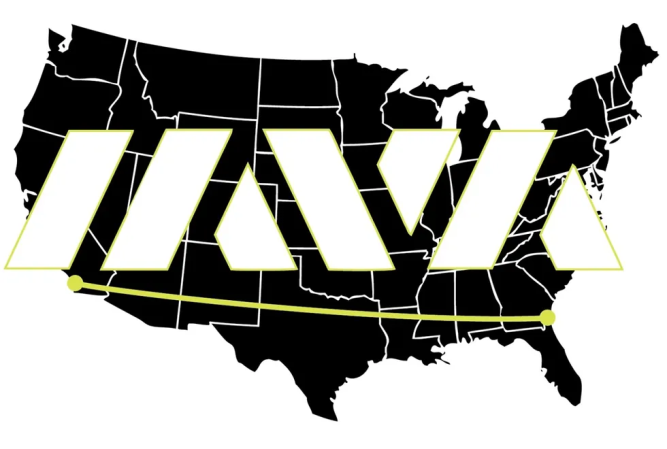In one of the lesser known facts of history, in 1937 two Japanese officers named Toshiaki Mukai and Tsuyoshi Noda held a contest over who could kill 100 people with his sword (Magoroku) first?
Mukai and Noda were two young second lieutenants in the Katagiri Regiment’s Toyama Battalion and their contest was held during the Japanese invasion of China. The winner was announced on Dec. 10, 1937, only a couple of days before the Japanese Army entered Nanking (now Nanjing). Nanking, then the capital of the Republic of China (now of the Jiangsu province), was captured by the Japanese army on December 13, 1937 and in six weeks over 200,000 residents were murdered and thousands of women were raped. It would become known as the Nanking Massacre and Rape of Nanking.
It didn’t stop then, on the day when the winner was announced to who had the most kills, they both agreed to take the contest up to a 150 people.

The article reads (thanks to Rene Malenfant):
“Incredible Record” In The Contest to Cut Down 100 People
Mukai 106, Noda 105
Both Second Lieutenants Go Into Extra Innings
Toshiaki Mukai and Tsuyochi [sic] Noda, the two daring second lieutenants in the Katagiri Regiment who started an unusual contest to “cut down 100 people” before entering Nanjing, have—amidst the chaos of the battle to capture Purple Mountain on Dec. 10th—recorded their 106th and 105th kills respectively. When they met each other at noon on Dec. 10th, they were both carrying their swords in one hand. Their blades had, of course, been damaged.
Noda: “Hey, I got 105. What about you?” Mukai:”I got 106!”…Both men laughed. Because they didn’t know who had reached 100 kills first, in the end someone said, “Well then, since it’s a drawn game, what if we start again, this time going for 150 kills?” They both agreed, and on the 11th, they started an even longer contest to cut down 150 people. At noon on the 11th, on Purple Mountain, which overlooks an imperial tomb, while in the midst of hunting down the remnants of the defeated [Chinese] army, 2nd Lt. Mukai talked about the progress of the drawn game.
“I’m happy that we both exceeded 100 kills before we found out the final score. But I damaged my ‘Seki no Magoroku’ on some guy’s helmet when I was cleaving him in two. So, I’ve made a promise to present this sword to your company when I’ve finished fighting. At 3 AM, on the morning of the 11th, our comrades used the unusual strategy of setting Purple Mountain on fire, in order to smoke any remaining enemies out of their hiding places. But I got smoked out too! I shot up with my sword over my shoulder, and stood straight as an arrow amidst a rain of bullets, but not a single bullet hit me. That’s also thanks to my Seki no Magoroku here.”
Then, amidst a barrage of incoming enemy bullets, he showed one of the reporters his Magoroku, which had soaked up the blood of 106 people.”
The competition was featured four times in the wartime Japanese newspapers Osaka Mainichi Shimbun and Tokyo Nichi Nichi Shimbun from Nov. 30 to Dec. 13, 1937. The newspapers reported their kill records and celebrated both officers for their achievements. The contest was far from heroic. The officer’s victims weren’t killed in action but rather murdered. Tsuyoshi Noda admitted in a speech:
Actually, I didn’t kill more than four or five people in hand-to hand combat… We’d face an enemy trench that we’d captured, and when we called out, ‘Ni, Lai-Lai!’ (You, come on!), the Chinese soldiers were so stupid, they’d rush toward us all at once. Then we’d line them up and cut them down, from one end of the line to the other. I was praised for having killed a hundred people, but actually, almost all of them were killed in this way. The two of us did have a contest, but afterward, I was often asked whether it was a big deal, and I said it was no big deal…
After World War II had ended, a written record of the contest was acquired by the International Military Tribunal for the Far East, which resulted in the two officers being turned over to China. They were tried by the Nanking War Crimes Tribunal and on January 28, 1948, both Mukai and Noda were executed for war crimes.
References: Wikipedia and Wikimedia Commons, full text of all articles pertaining to the contest by Rene Malenfant and The Nanjing Massacre: A Japanese Journalist Confronts Japan’s National Shame: A Japanese Journalist Confronts Japan’s National Shame by Katsuichi Honda.
Reference books on the subject:
- The Nanjing Massacre: A Japanese Journalist Confronts Japan’s National Shame: A Japanese Journalist Confronts Japan’s National Shame by Katsuichi Honda
- The Rape of Nanking: The Forgotten Holocaust of World War II by Iris Chang
- The Nanking Atrocity, 1937-38: Complicating the Picture (Asia-Pacific Studies: Past and Present) by Bob Tadashi Wakabayashi
- The Undaunted Women of Nanking: The Wartime Diaries of Minnie Vautrin and Tsen Shui-fang by
More from Argunners Magazine:
- German Battleship Bismarck – A brief history
- Germany’s First Jet Fighter: The Heinkel He 280
- 24 Scuttled Japanese Submarines, including I-402, found
- WWI Soldier from Slamannan who came back from the dead
- Horrors of World War I brought in colorized images
This article originally appeared at Argunners Magazine. Copyright 2015. Follow Argunners Magazine on Twitter.




